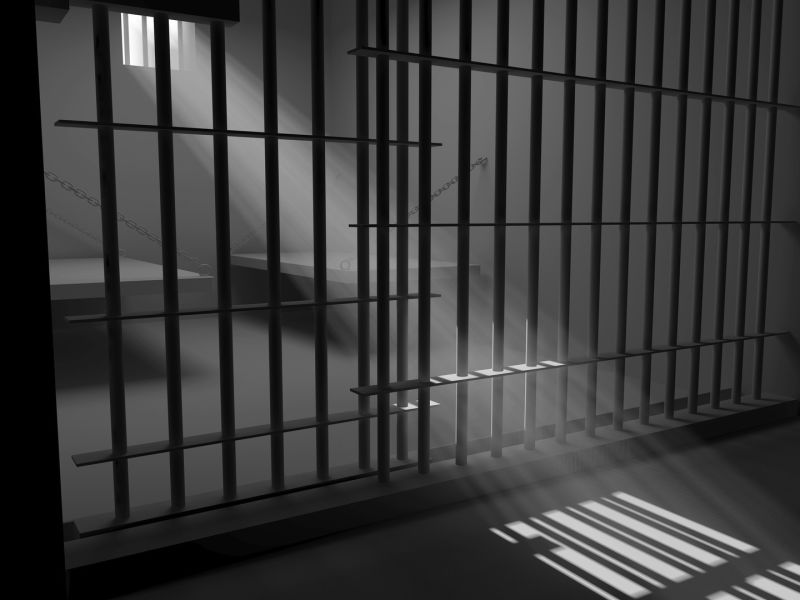The governor hit back at the vote, saying in an interview with KQED News that prosecutors are essentially arguing they know what will be best for public safety decades in the future.
“The proposition of the DA’s is, 'We know on the day we charge or on the day a judge sentences – we know everything that can occur, we know all we need to know for the next 10, 20 50 years,' " Brown said. "I’m saying, 'You might have had some good ideas back then, but over time men and women change.'
"Those changes should be accommodated so we can open the cells for new people who are even more dangerous. And the idea that we’re going to build more prisons to accommodate this mindless appetite for endless incarceration -- isn’t going to happen.”
Through a spokesman, Brown also charged that the district attorneys' group has a "long record of opposing sensible criminal justice reforms, and their opposition here is no exception."
Brown wants voters to approve some major changes to both California's juvenile justice system and to the way people sentenced to state prison for nonviolent crimes are treated. The proposals are largely aimed at cutting California's prison population, which the state has been under federal court order to reduce since 2009.
Currently, many offenders receive both an underlying sentence for the crime they are being charged with and have additional years tacked on by "enhancements" -- for example, if there are multiple victims, if they had previously served time in prison or if they were in possession of a gun when the crime was committed.
Under the governor's initiative, the state's parole board would be able to consider adult offenders for parole after they serve their entire initial sentences but before they serve time tacked on by sentencing enhancements. The head of the state prison system would also have more power to award prisoners credits that could shorten their prison terms if they behave well and participate in rehabilitation programs.
Additionally, the proposed ballot measure would make a major change to the state’s juvenile justice system by allowing judges instead of prosecutors to decide whether a minor should be charged as an adult.
Hoffman said the prosecutors have several objections to the governor's proposal.
First, they are unhappy that Brown took an existing ballot measure solely aimed at making changes to the juvenile system -- a proposal that had already been through a public comment period -- and amended it to include the more sweeping sentencing reforms. That meant there was not an opportunity for prosecutors and others to weigh in, Hoffman said, and potentially convince the governor to make some tweaks.
"This is more of a process issue, but they feel like the governor, by amending an initiative that had already been through 30-day public comment period, cut the lines (of communication)," Hoffman said.
CDAA board members are also worried that the measure gives the head of the prison system too much control over issuing "good-time" credits, trumping past laws passed by both the Legislature and voters that mandated when criminals had to serve a certain percentage of their sentence.
And perhaps most important, Hoffman said, the parole eligibility changes undercut "40 years' worth of sentencing law," handing enormous power to a body he said prosecutors do not trust.
Hoffman used the example of two people in prison for human trafficking. Both might have a 12-year underlying sentence, but the person convicted of trafficking one person might have four years added on as an enhancement, while the person convicted of trafficking six people would have 24 years added on.
"The sentence isn't going to reflect the gravity of the offense," he said.
Hoffman said the district attorneys also have questions about who will be considered a "nonviolent" offender under the ballot measure.
Proponents of criminal justice reform had hoped the governor would wade into the fray this year.
KQED California Politics and Government Desk Senior Editor Scott Shafter contributed to this report.

